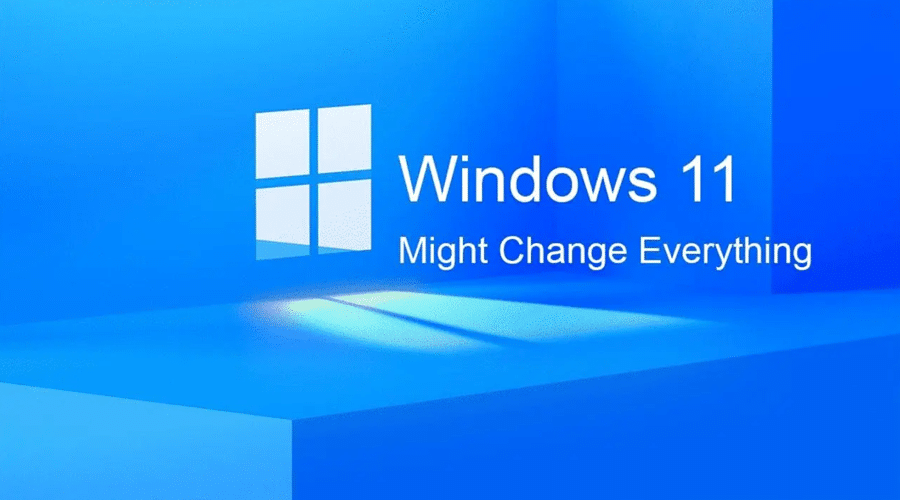The Internet, as you know it, is just the tip of the iceberg. Beneath the surface lies a vast, mysterious world known as the Dark Web. This part of the internet, hidden from traditional search engines, is a place of encrypted exchanges and anonymous transactions, a world that is often misunderstood. This article will demystify the Dark Web, shedding light on its risks and benefits, and explore its dual nature.
Contents
- 1 The Mysterious Nature Of The Dark Web
- 2 Deciphering The Dark Web: Myths And Realities
- 3 The Dark Side Of The Dark Web
- 4 Cybercrime: A Persistent Threat
- 5 Dark Web’s Role in Circumventing Censorship
- 6 The Role Of The Dark Web In Whistleblowing
- 7 The Dark Web and Privacy: A Double-Edged Sword
- 8 Using The Dark Web Safely: Tips And Precautions
- 9 The Future: Challenges And Opportunities
- 10 The Bottom Line
The Mysterious Nature Of The Dark Web

To comprehend the Dark Web, we first need to understand its architecture. It functions through a network of encrypted websites that keep users’ identities and locations anonymous. Onion Routing, where communication is encapsulated in layers of encryption, forms the backbone of this infrastructure. As the data passes through each ‘node’ in the network, one layer of encryption is peeled off, just like an onion.
Accessing the Dark Web isn’t as straightforward as using Google Chrome or Safari. It requires specific browsers, the most popular being The Onion Router (Tor). Tor allows users to browse the Dark Web while maintaining anonymity, making their activities virtually untraceable. This unique characteristic lures many to the Dark Web, for better or worse.
Deciphering The Dark Web: Myths And Realities
The Dark Web is often associated with a hub for illegal activities, but that’s not the whole story. Yes, it’s a marketplace for illicit goods and services, but it also hosts a range of legal and legitimate resources. It’s like a gigantic unregulated flea market, where you can find anything from rare books to whistleblowing platforms, provided you know where to look.
Misconceptions about the Dark Web often stem from its portrayal in popular media. To understand the Dark Web accurately, looking beyond the stereotypes is essential. The Dark Web isn’t an inherently evil place; it’s a tool, and like any tool, its moral standing depends on how it’s used.
The Dark Side Of The Dark Web

Transitioning from the realities to the risks, it’s crucial to acknowledge the Dark Web’s darker corners. Illicit activities, including drug trafficking, human trafficking, and illegal pornography, are unfortunately prevalent. This anonymity-protected marketplace provides a platform for these activities to thrive, away from the prying eyes of law enforcement.
Further exacerbating these issues is using cryptocurrencies, primarily Bitcoin, for transactions. The pseudo-anonymous nature of these digital currencies allows illegal trade to flourish, making it difficult for authorities to trace and intercept such activities.
Cybercrime: A Persistent Threat

The Dark Web is also a hotbed for cybercrime. Stolen data, from credit card details to personal identification information, are sold in bulk. It’s a black market for hackers, offering malicious software, hacking tools, and even hacking-for-hire services.
Such activities pose a significant threat to individuals and businesses alike. As humans increasingly rely on digital platforms, these cyber threats’ risks and potential impact are only set to grow. It’s a stark reminder of the importance of digital security in our contemporary world.
Dark Web’s Role in Circumventing Censorship

Yet, amid all these risks, the Dark Web also offers a beacon of hope for those living under oppressive regimes. For citizens where censorship is rife, the Dark Web can provide a platform to access blocked content and communicate freely. It offers a lifeline to information, aiding in the fight for free speech and against government oppression.
Platforms like Tor are particularly vital in these scenarios, bypassing internet censorship and surveillance. The Dark Web, in such cases, acts as a catalyst for freedom of information, demonstrating its more positive potential.
The Role Of The Dark Web In Whistleblowing

The Dark Web has also served as a platform for whistleblowing. High-profile cases, such as WikiLeaks, have relied on the Dark Web to maintain the anonymity of their sources. It can be a safe space for individuals to share sensitive information without fear of retribution.
Whistleblowing sites, such as SecureDrop, function exclusively on the Dark Web, allowing individuals to submit information to journalists securely. Again, this underscores the dark web’s dual nature – while it can facilitate illegal activities, it can also be a tool for transparency and truth.
The Dark Web and Privacy: A Double-Edged Sword

The Dark Web and privacy have a complicated relationship. On the one hand, the Dark Web offers a haven for individuals who value their privacy. It provides an anonymous online environment, free from the tracking and surveillance that permeate the traditional internet. This is particularly crucial for activists, journalists, and others who might be targets of persecution or harassment. For these individuals, the ability to communicate, share information, and even coordinate actions anonymously can be a matter of life and death.
However, on the flip side, the Dark Web can also serve as a tool for infringing upon privacy. With marketplaces dedicated to selling personal information, from social security numbers to bank account details, the Dark Web can be a nightmare for privacy advocates. Hackers often use the Dark Web to sell data they’ve illegally obtained, and these transactions are facilitated by the same anonymity and encryption that protect legitimate users. Thus, the Dark Web embodies a paradox: it can be a powerful tool for preserving privacy but also a significant threat to it.
Using The Dark Web Safely: Tips And Precautions

Despite its risks, if you navigate the Dark Web, there are ways to do so safely. First, use the Tor browser – the most secure way to maintain your anonymity online. Secondly, ensure your device’s security software is up-to-date. This can help protect against any malicious software you may inadvertently encounter.
Never share personal information on the Dark Web. Remember, it is home to experienced hackers and cybercriminals. Be cautious of any transactions you make. Cryptocurrencies are the most common form of payment; once a transaction is made, it is irreversible.
The Future: Challenges And Opportunities

The Dark Web is constantly evolving, presenting both challenges and opportunities. On the one hand, as technology advances, so does the sophistication of illicit activities. Law enforcement and legislation must adapt quickly to these changes to mitigate the risks associated with the Dark Web.
On the other hand, the Dark Web also presents opportunities. It could play a crucial role in fostering free speech, aiding whistleblowers, and circumventing censorship. Its potential as a force for good should not be overlooked, despite its more nefarious uses.
The Bottom Line
The Dark Web, the internet’s underbelly, is a place of paradoxes – a hub for illegal activities and a sanctuary for free speech, a marketplace for cybercriminals, and a platform for whistleblowers. As we navigate this complex landscape, it’s essential to do so with caution, understand ing its risks but also recognizing its potential benefits. Whether we perceive the Dark Web as a threat or a tool reflects how we use it.


